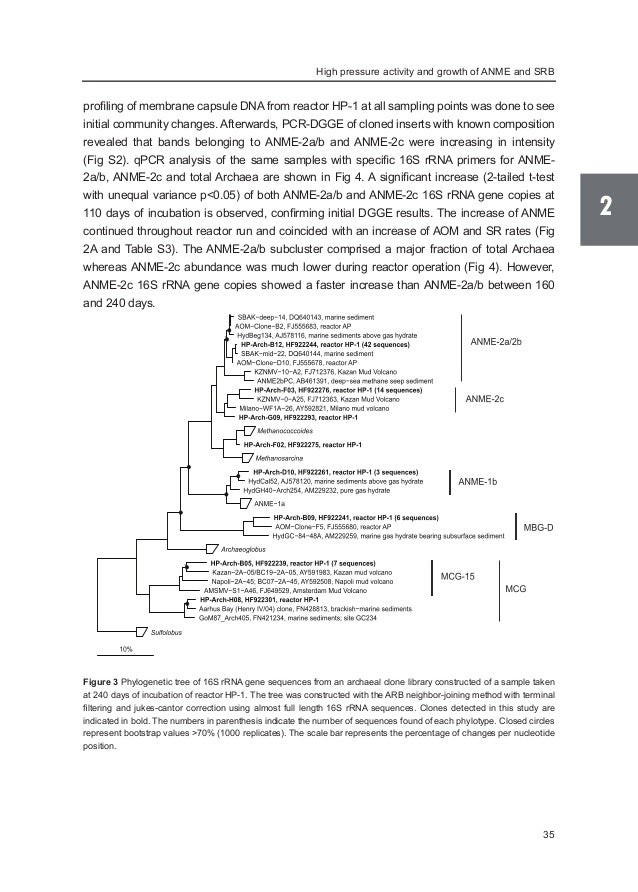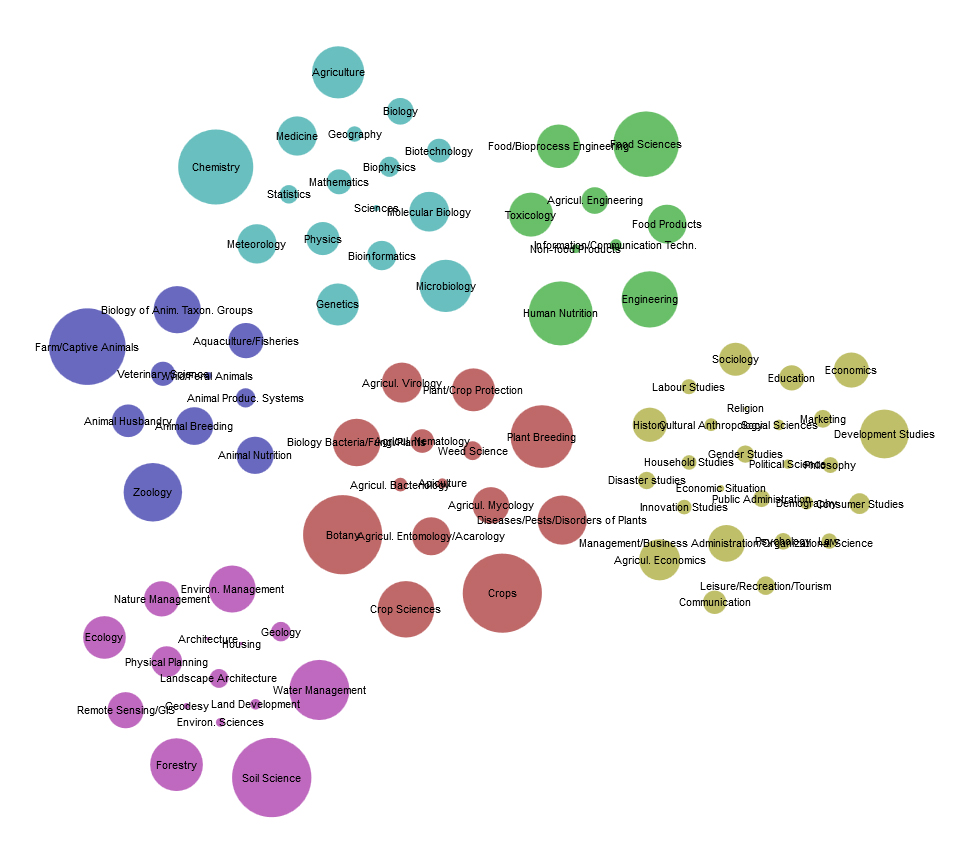
The master's programme Biosystems Engineering focuses on the development of technology for the production, processing and storage of food and agricultural non-food, management of the rural area, renewable resources and agro-industrial production chains. In all cases it concerns innovation and sustainable technology. The interaction between technology, plants, animals, the environment and For the thirty-six years he worked with the University of Dar es Salaam, Prof. Katima taught both undergraduate and postgraduate and successfully19 PhDs, 9 Master Degree by Research and Thesis and 52 Masters dissertations. He has published 35 papers in peer reviewed Journals, authored 2 Books, co-authored 2 Books and written 2 Chapters in books Chemistry. Two different classes of fructooligosaccharide (FOS) mixtures are produced commercially, based on inulin degradation or transfructosylation processes.. FOS can be produced by degradation of inulin, or polyfructose, a polymer of D-fructose residues linked by β(2→1) bonds with a terminal α(1→2) linked blogger.com degree of polymerization of inulin ranges from 10 to 60
Master's Biotechnology - WUR
The master's programme Biosystems Engineering focuses on the development of technology for the production, processing and storage of food and agricultural non-food, management of the rural area, renewable resources and agro-industrial production chains, wageningen university phd thesis. In all cases it concerns wageningen university phd thesis and sustainable technology. The interaction between technology, plants, animals, the environment and society plays a central role.
Developments in society at large often involve the development of new technology, wageningen university phd thesis. The adoption of new technology and its integration within existing processes therefore requires special attention. This is why the programme also offers a course in technology assessment. The master's programme of Biosystems Engineering is a two-year programme, where students pursue their interests through courses in the first year followed by the master's thesis and an internship in the second, wageningen university phd thesis.
More information about the structure of the programme can be found on the Programme of Biosystems Engineering wageningen university phd thesis. Within the master's programme you can choose from the following thesis tracks to meet your personal interests. This track focuses on innovation and technology that can be introduced to improve or revamp an agricultural system.
Robotics and automation in horticulture, livestock and poultry systems wageningen university phd thesis extensively researched, wageningen university phd thesis. The GRS track focuses on using spatial and remote sensing data to monitor and develop models for the agricultural, urban and natural environments. Agricultural practice opens up many opportunities of research, business and society.
The thesis track MAT focusses on development of models to get a better understanding of the world around us. One could think of smart ventilation for food storage, wageningen university phd thesis. How can we model Greenhouses, so that we can make design choices? Data has an important role in the society, wageningen university phd thesis.
This track offers students to perform their research oriented towards the design, implementation and management of information systems that can be used in agricultural systems.
Environment technology deals with research on using renewable sources of energy and reusing waste products and by-products. You design processes that reuse wastes into distinct, reusable components so that a closed cycle can be achieved in agricultural systems.
The goals of logistics are producing or getting the right product, in the right quantity and quality, at the right time and place as efficient as possible while fulfilling the requirements of the stakeholders. This requires the design of innovative logistical concepts in agri-food networks. With the importance of biobased economies increasing, challenges towards energy savings and use of renewable energy needs to be addressed.
The biomass of plants and animals, including waste can be converted into a broad spectrum of marketable products and energy. Interested in taking part in the programme of Biosystems Engineering? Find out more about the specific Admission requirements and the application procedures.
The best way to get wageningen university phd thesis know a place is by getting to know the people. Students share their experiences with you about the master's programme and student life in Wageningen on the page Student experiences. What are your possibilities after graduating? Read more about Career perspectives and opportunities after finishing the programme. You can also see what this master's programme deals with it on the Compare Biosystems Engineering Sciences. Or compare this master's with others like: Compare Biobased Sciences and Compare Organic Agriculture pages.
Learn more about the possibilities. Go directly to: Content Search box Breadcrumb. Study programme of Biosystems Engineering The master's programme of Biosystems Engineering is a two-year programme, where students pursue their interests through courses in the first year followed by the master's thesis and an internship in the second.
Specialisations Within the master's programme you can choose from the following thesis tracks to meet your personal interests. Farm Technology This track focuses on innovation and technology that can be introduced to improve or revamp an agricultural system. Mathematical and Statistical Methods The thesis track MAT focusses on development of models to get a better understanding of the world around us.
Information Technology Data has an important role in the society. Environmental Technology Environment technology deals with research on using renewable sources of energy and reusing waste products and by-products. Operations Research and Logistics The goals of logistics are producing or getting the right product, in the right quantity and quality, at the right time and place as efficient as possible while fulfilling the requirements of the stakeholders.
Biobased Chemistry and Technology With the importance of biobased economies increasing, challenges towards energy savings and use of renewable energy needs to be addressed. Bachelor's Master's Online education Future students Current Students Professional Education PhD Programme Wageningen Academy Community for Education Innovation with EdTech Parents of future students Contact Wageningen Pre-University Minors Wageningen in'to Languages Student Service Centre Studium Generale Science Hub Study Abroad and Exchange Students Wageningen Summer School Studying on campus WURth-while 4TU.
Centre for Engineering Education Wageningen Youth Institute Board of Education Programme Committees. Agroecology European Animal Sciences Aquaculture and Marine Resource Management Biobased Sciences Bioinformatics Biology Biosystems Engineering Biotechnology Climate Studies Communication, Health and Life Sciences Development and Rural Innovation Earth and Environment Environmental Sciences Food Quality Management Food Safety Food Studies European Food Technology Food Technology online Forest and Nature Conservation Geo-Information Science Health Management in Aquaculture International Development Studies International Land and Water Management Landscape Architecture and Planning Management, Economics and Consumer Studies Metropolitan Analysis, Design and Engineering Molecular Life Sciences Nutritional Epidemiology and Public Health online Nutrition and Health Organic Agriculture Plant Biotechnology Plant Breeding online Plant Sciences Tourism, Wageningen university phd thesis and Environment Urban Environmental Management Water Technology.
Paulo Ribeiro PhD Defense 16/10/15 - Wageningen University
, time: 1:36:41Kampala International University in Tanzania – Exploring the height

The master's programme Biosystems Engineering focuses on the development of technology for the production, processing and storage of food and agricultural non-food, management of the rural area, renewable resources and agro-industrial production chains. In all cases it concerns innovation and sustainable technology. The interaction between technology, plants, animals, the environment and For the thirty-six years he worked with the University of Dar es Salaam, Prof. Katima taught both undergraduate and postgraduate and successfully19 PhDs, 9 Master Degree by Research and Thesis and 52 Masters dissertations. He has published 35 papers in peer reviewed Journals, authored 2 Books, co-authored 2 Books and written 2 Chapters in books Chemistry. Two different classes of fructooligosaccharide (FOS) mixtures are produced commercially, based on inulin degradation or transfructosylation processes.. FOS can be produced by degradation of inulin, or polyfructose, a polymer of D-fructose residues linked by β(2→1) bonds with a terminal α(1→2) linked blogger.com degree of polymerization of inulin ranges from 10 to 60
No comments:
Post a Comment